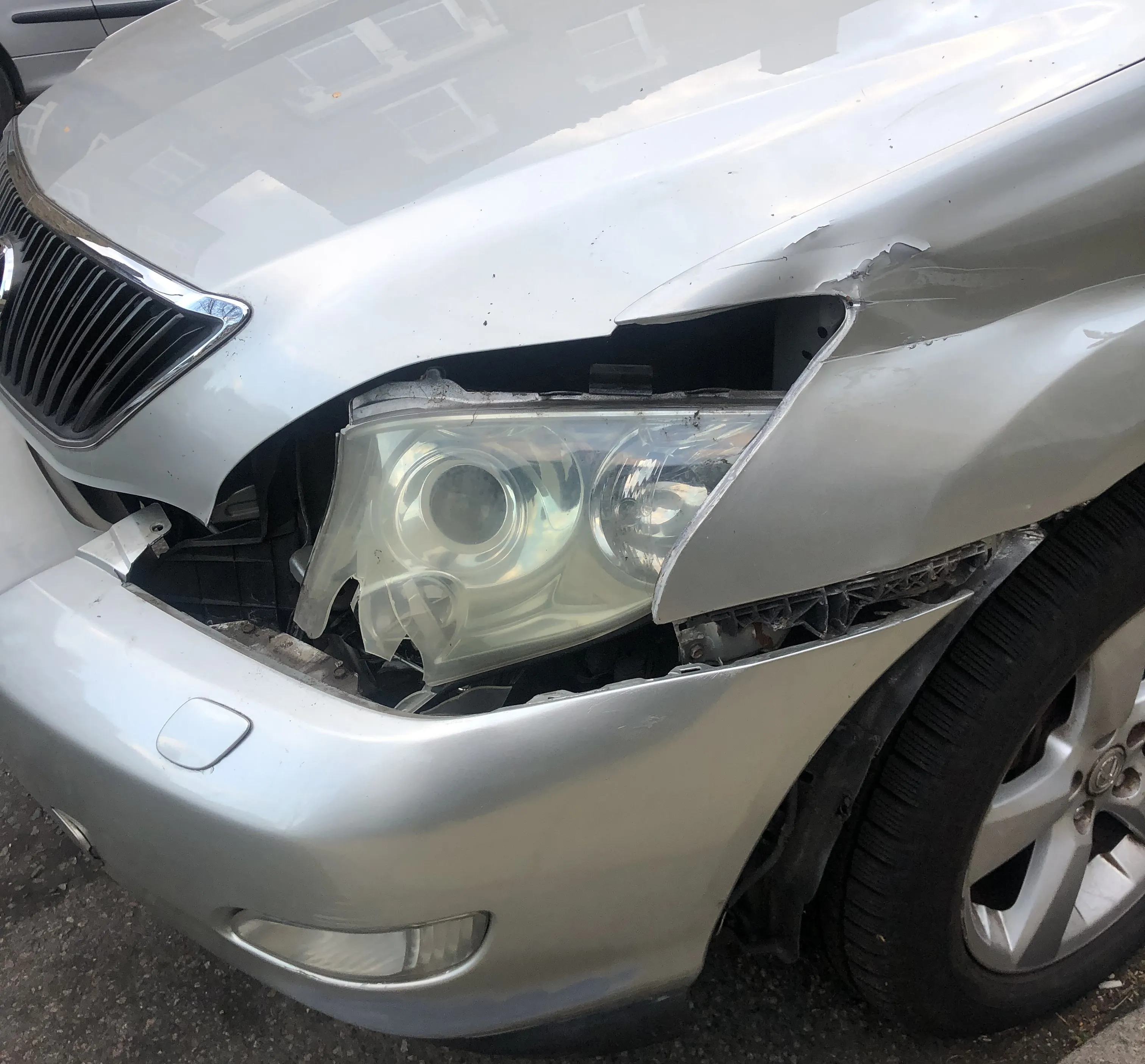New strategies in several developed countries are being introduced in strategies to try to reduce the incidences of driving under the influence. The Pan-European police group,
Meanwhile Tispol reports that a culpability study from France has set out the relative risks of responsibility for a fatal crashes linked to driving under the influence of cannabis or alcohol. The study shows the potential for a 28% reduction in fatal collisions if no one drives over the alcohol limit.
The proportion of persons driving under the influence of alcohol was estimated at 2.1% and under the influence of cannabis at 3.4%. Drivers under the influence of alcohol were 17.8 times more likely to be responsible for a fatal crash, and the proportion of fatal crashes which would be prevented if no drivers ever exceeded the legal limit for alcohol was estimated at 27.7%.
Drivers under the influence of cannabis multiplied their risk of being responsible for causing a fatal crash by a factor of 1.65, and the proportion of fatal accidents which would be prevented if no drivers ever drove under the influence of cannabis was estimated at 4.2% (3.7%-4.8%).
Tispol has also released a report from the US, following discussions with its counterparts. This report shows nearly 2,000 lives could be saved each year win US roads if every state adopted a .05 BAC. An analysis of studies on lowering the BAC limit in the USA found a 5% decline in non-fatal alcohol-related crashes, a 9.2% decline in fatal alcohol-related crashes from lowering the BAC to .08, and an 11.1% decline in fatal alcohol-related crashes from lowering the BAC to .05 or lower. The study estimated that 1,790 lives could be saved each year if all states adopted a .05 BAC limit. This study provides strong evidence of the relationship between lowering the BAC limit for driving and the general deterrent effect on alcohol-related crashes.
DUI strategies around the world
New strategies in several developed countries are being introduced in strategies to try to reduce the incidences of driving under the influence. The Pan-European police group, Tispol, reports that In the Netherlands, officers will commence road-side saliva tests to catch drug driving offenders. Early results since the programme launched in July have been described as ‘the tip of the iceberg’. Like other countries, the Netherlands already had laws against drug driving, but enforcement was based on
December 11, 2017
Read time: 2 mins







